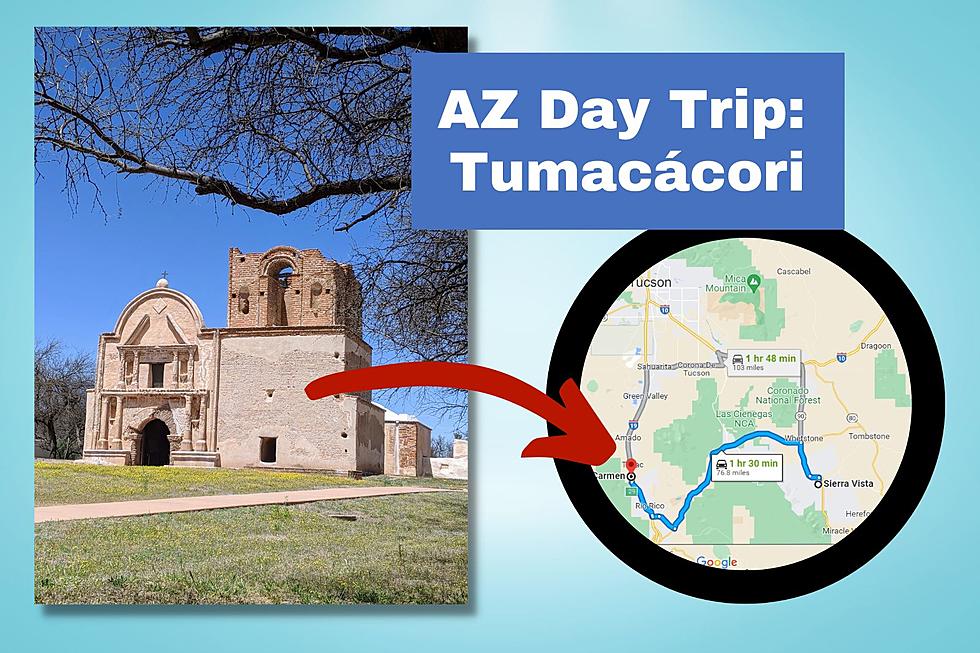
Why Daylight Savings Time Needs to End. Forever.
According to my office calendar, Daylight Saving Time begins on Sunday March 12th and runs through Sunday November 5th.
With all the Really Important Things our government is chewing on these days, it might seem like that infernal and highly annoying time change thing is small ball compared to, I dunno, how we're dealing with China, Russia and the East Palestine, Ohio.
But I'm a content creator, not a politician for good reasons.
Why We Started this in the First Place
That said, To Daylight Save or Not To Daylight Save has become a contentious question. Wikipedia explains what this practice is:
"The majority of the United States observes daylight saving time, the practice of setting the clock forward by one hour when there is longer daylight during the day, so that evenings have more daylight and mornings have less."
Yeah. Basically, this old saying is right:
“Daylight saving time:
Only the government would believe that you could cut a foot off the top of a blanket, sew it to the bottom, and have a longer blanket.” -- Anonymous
Since we don't observe this nonsense in most of Arizona, with the curious exception of the Navajo Nation, nearly everyone else in the US zig-zags all over the clock, twice a year.
While we don't Fall Back and Spring Forward, we're still affected by this annoyance. We point and laugh when the rest of the country loses or gains an hour, while we stay still.
But the joke is on us when we constantly have to figure out what time zone everyone ELSE is in relative to Arizona, because they don't adjust meeting start times for our convenience.
How It Began
The Uniform Time Act of 1966 established the system of uniform daylight-saving time throughout the United States.
Scientific American explains that Benjamin Franklin first thought up the concept of daylight saving in 1784, reasoning it would conserve candles. The concept didn't fully catch on until World War I, when saving resources for the war effort was top of mind.
The oil crisis in the 1970s had the US revisiting the idea, when the U.S. Department of Transportation found that daylight saving cut down on electricity usage nationwide by nearly 1 percent when compared with standard time.
The Future: Daylight Saving Time vs. Standard Time
There's been a lot of talk about ending the biannual time switch for good. As congress debates the process, they're leaning toward making Daylight Saving Time permanent.
Now I'm wondering, would that, then become "Standard Time"?
Time.com reports, "By allowing more people to commute home during daylight hours, permanent Daylight-Saving Time could...decrease the risk of car accidents, saving more than 360 lives each year, according to a meta-study by Rutgers researchers."
They go on to say that making DST year-round with having fewer hours of darkness could help reduce crime.
In 2022, the United States Senate passed the Sunshine Protection Act which would permanently activate daylight saving time if it comes into effect, but it was not approved by the U.S. House of Representatives.
Will we ever stop Falling Back and Springing Forward? I guess only time will tell.
More From Thunder 98.1









